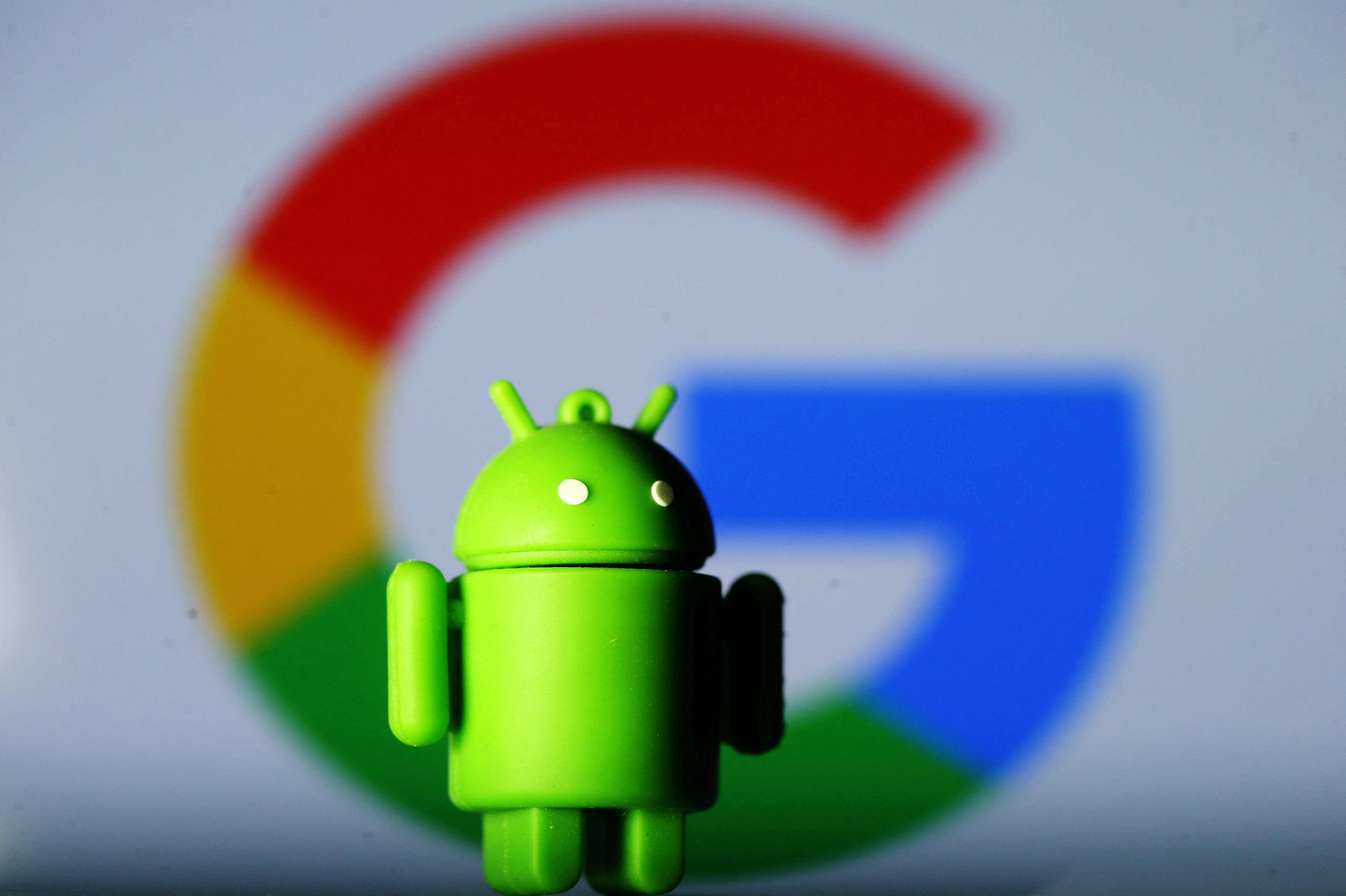
Google DOJ Antitrust Litigation: How It Could Reshape Digital Advertising & Market Competition
The ongoing antitrust case involving Google and the U.S. Department of Justice (DOJ) has significant implications for the tech giant and the digital advertising market. Here are the key points regarding the case:
-
Background: The case, officially titled United States v. Google LLC, was initiated by the DOJ on January 24, 2023. It accuses Google of illegally monopolizing the advertising technology market, violating sections 1 and 2 of the Sherman Antitrust Act of 1890 [2].
-
Recent Developments: A federal judge recently ruled that Google violated antitrust laws by monopolizing open-web digital advertising markets. This ruling is seen as a landmark victory for the DOJ in its efforts to curb Google's dominance in the digital space [3][6].
-
Google's Response: Following the ruling, Google announced plans to appeal the decision, particularly the parts deemed "adverse" to the company [4]. The DOJ has argued that Google's practices have led to higher advertising prices and have locked advertisers into its ecosystem, effectively making it a middleman in the advertising process [8].
-
Potential Remedies: The DOJ is seeking structural remedies, which may include forcing Google to divest its Google Ad Manager and potentially its Chrome browser business. This could significantly reshape Google's operations and its influence over the internet [5][13].
-
Implications: The outcome of this case could alter the competitive landscape of the digital advertising market and impact how Google operates in the future. The ruling has raised concerns about the broader implications for tech companies and their market practices [6][15].
This case is part of a larger trend of increasing scrutiny and regulatory action against major tech companies, reflecting growing concerns about monopolistic practices in the digital economy.
Google Android Antitrust Controversy: Key Issues and Regulatory Challenges

The antitrust issues surrounding Google also extend to its Android operating system, which has been a focal point in various legal challenges. Here are the main arguments and concerns related to Android in the context of antitrust:
-
Market Dominance: Google’s Android operating system holds a significant share of the global mobile operating system market, with estimates suggesting it powers over 70% of smartphones worldwide. This dominance raises concerns about how Google may leverage its position to stifle competition [11].
-
Preinstallation and Default Settings: One of the key arguments is that Google requires manufacturers to preinstall its apps and services on Android devices, which can limit the visibility and viability of competing apps. This practice is seen as a way to maintain its dominance in search and advertising by ensuring that users are directed to Google services by default [7][11].
-
Restrictions on Manufacturers: The DOJ and other regulators have pointed out that Google imposes restrictions on device manufacturers regarding how they can use Android. These restrictions can prevent manufacturers from creating alternative versions of Android or from preinstalling competing services, thereby limiting consumer choice [6][11].
-
Impact on Competition: Critics argue that Google's control over Android creates barriers for new entrants and smaller companies trying to compete in the mobile app and services market. This can lead to a lack of innovation and reduced options for consumers [8][11].
-
Legal Precedents: The European Union has previously fined Google for its practices related to Android, including a record €4.34 billion penalty in 2018 for antitrust violations. This case highlighted how Google used Android to cement its dominance in search and advertising [1][11].
Overall, the concerns regarding Android are part of a broader narrative about how Google’s practices may inhibit competition and innovation in the tech industry, leading to ongoing scrutiny from regulators and legal challenges.
